Welcome to the Parallel Digital Universe Where Western Travel Apps Are Basically Stone Tools
If you think your company's snazzy Instagram presence and Booking.com partnership represents cutting-edge travel marketing, prepare for an existential crisis. While Western tourists are proudly using three different apps to plan a vacation, Chinese travelers are navigating a digital ecosystem so advanced and integrated it makes the rest of the travel industry look like it's still using dial-up internet and paper maps.
As of 2025, the Chinese digital travel landscape isn't just different—it's playing an entirely different game on a different planet with different physics. These aren't just travel apps; they're lifestyle ecosystems where booking a hotel room, paying for coffee, sharing vacation photos, buying sunscreen, and arguing with your mother about your itinerary can all happen within the same interface.
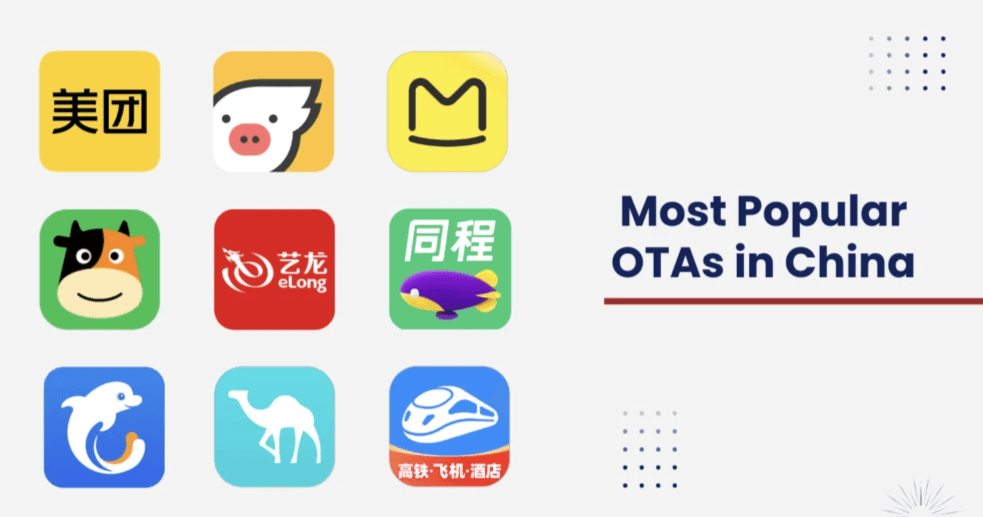
Why You Should Care (Besides the Obvious Existential Dread)
- Digital-First Travelers: Over 95% of Chinese tourists use mobile apps for travel planning (the other 5% probably had their phones temporarily confiscated by their children)
- Mobile Booking Dominance: Nearly 87% of travel bookings are completed through mobile platforms (making desktop bookings the digital equivalent of a rotary phone)
- Social Commerce Impact: Recommendation-driven purchases are at an all-time high (because nothing says "I need this experience" like seeing someone you've never met having it first)
The 10 Apps That Will Make You Question Your Digital Marketing Life Choices
1. Ctrip (携程) - The Booking Behemoth That Ate All Other Booking Sites
Market Position: Imagine if Booking.com, Expedia, Kayak, and your travel agent had a baby that grew up to become more successful than all of them combined
Key Features:
- A booking platform so comprehensive it can probably arrange your funeral if you search for it
- Integrated travel insurance for when your adventure sports ideas exceed your actual abilities
- Multi-language support that still somehow makes English speakers feel like they're missing something
Monthly Active Users: Over 350 million (roughly equivalent to everyone in the United States deciding to plan a trip simultaneously)
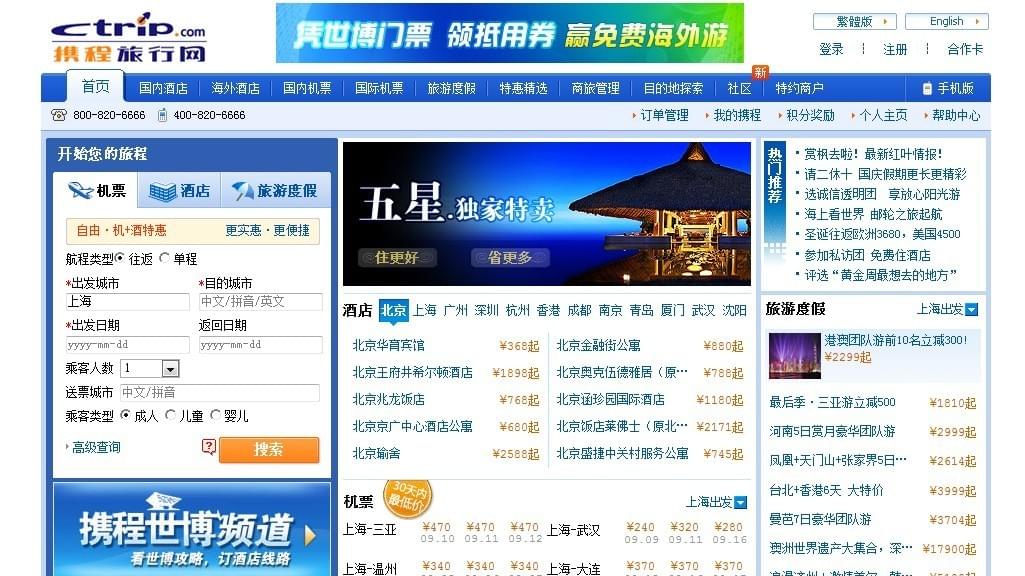
2. Qunar (去哪儿) - Where Budget-Conscious Travelers Go to Feel Smug
Unique Selling Point: Finding travel deals so good they'll make you question how the economics actually work
Features:
- Flight and hotel discount tracking that borders on obsessive-compulsive
- User reviews ranging from "life-changing experience" to "this hotel room made me question my will to live"
- Travel community insights that are surprisingly honest and occasionally brutal
Traveler Demographic: Millennials and Gen Z who will spend 6 hours researching to save $12 and consider it a victory
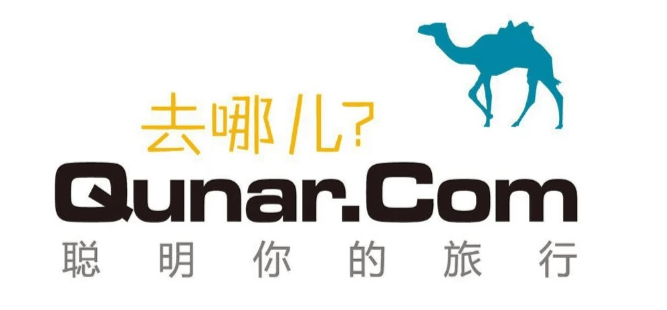
3. WeChat (微信) - The App That Makes Single-Purpose Apps Look Silly
More Than Just An Understatement:
- Travel mini-programs so numerous and diverse you might forget you're technically still in a messaging app
- Digital payment so seamless you'll forget what physical money looks like
- Social sharing features that ensure your followers know exactly how much better your vacation is than their daily lives
Global Reach: Over 1.2 billion monthly active users (with the digital equivalent of a small country living entirely within the app)
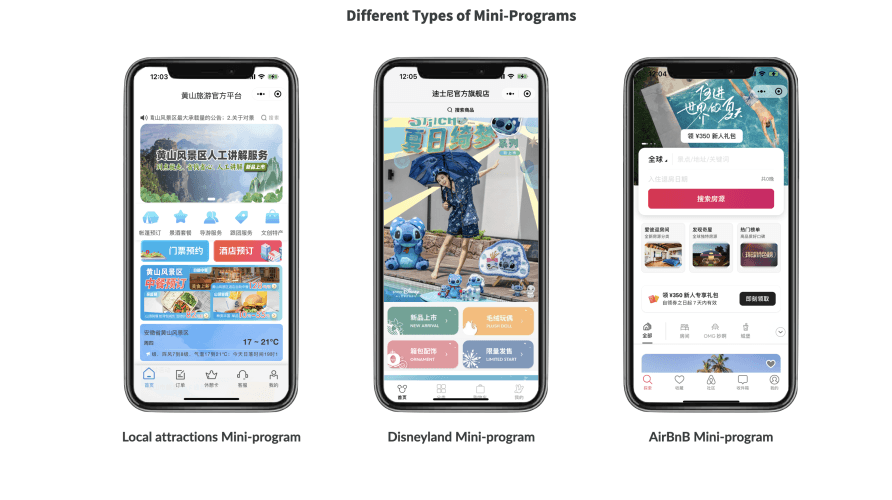
4. Xiaohongshu (小红书) - Where Travel FOMO Is Manufactured and Distributed
Travel Marketing Powerhouse:
- User-generated content so aesthetically perfect it makes professional travel photographers question their careers
- Influencer recommendations that can transform an unknown location into a tourist hotspot overnight
- Visual-first travel inspiration that makes Pinterest look like a black and white newspaper
Key Strength: Creating travel envy so powerful it should be classified as a psychological condition

5. Mafengwo (马蜂窝) - The Wikipedia of Travel That Actually Updates
Community-Driven Travel:
- User-generated travel guides more detailed than some countries' official tourism websites
- Destination reviews that don't shy away from mentioning that perfect beach was actually covered in trash
- Trip planning tools that account for factors you didn't even know you should consider
Unique Feature: Crowd-sourced travel insights so specific they include which bathroom stall to use at remote tourist sites
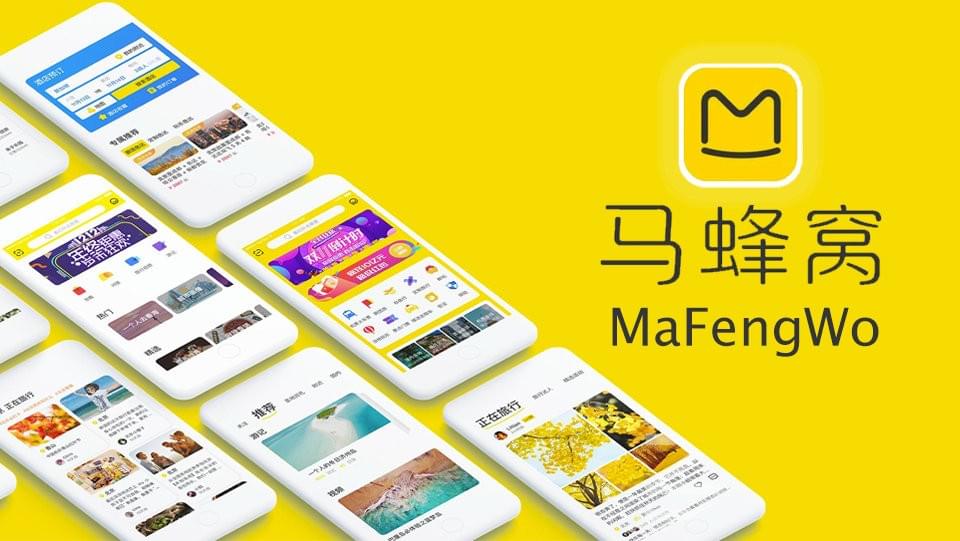
6. Fliggy (飞猪) - Alibaba's Reminder That They Own Everything Eventually
E-commerce Integrated Travel:
- Alipay integration so seamless you might accidentally book a cruise while paying for coffee
- Flash sales that trigger the same adrenaline response as extreme sports
- International destination focus that makes the world seem like one giant shopping mall
Strength: The backing of an ecosystem so vast it makes Amazon look like a corner store

7. Trip.com - The Westernized Face That Hides a Chinese Digital Heart
Global Travel Solutions:
- Multi-language platform that actually understands cultural nuances, not just translations
- Hotel and flight inventory that somehow includes options even locals don't know about
- 24/7 customer support that makes you feel like you have a personal travel concierge
Global Expansion: Strong presence in over 200 countries (some of which might be surprised to learn they're part of Trip.com's territory)
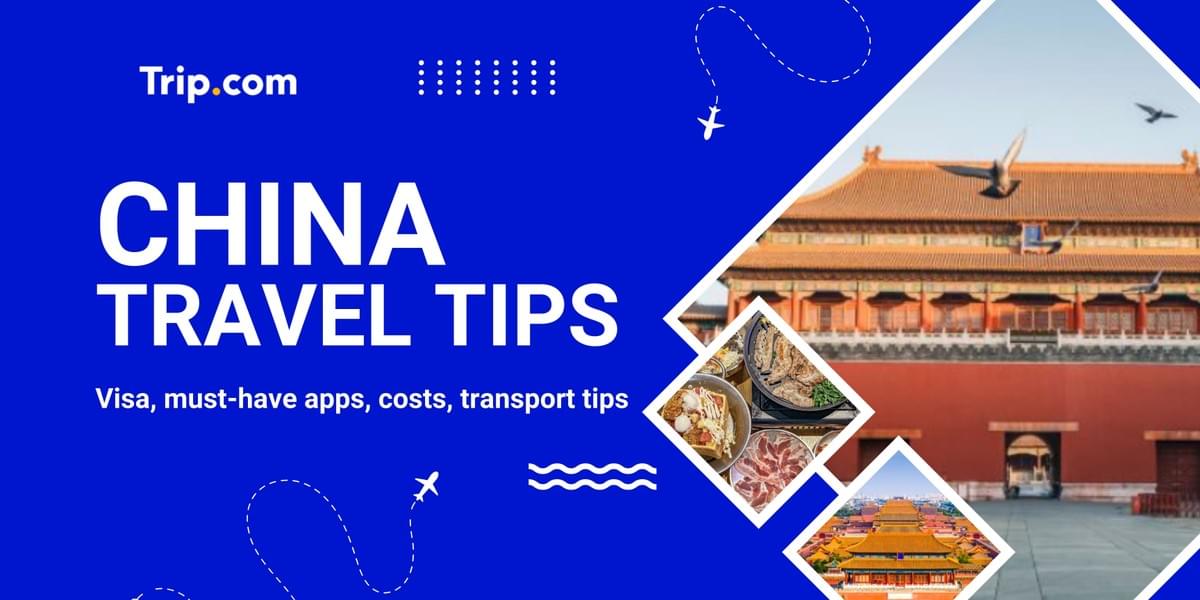
8. Douyin (抖音) - Where Your Destination Goes Viral Before You Even Book It
Visual Travel Marketing:
- Short-form travel content that can make even a public bathroom look like a luxury experience
- Destination marketing so effective cities should pay influencers a tax
- Travel recommendations that convince you places you've never heard of are absolutely essential to visit
Emerging Trend: Travel decisions made based on 15-second videos, which is about 14 seconds longer than some attention spans

9. Baidu Travel (百度旅游) - The Search Engine That Knows Where You Want to Go Before You Do
Comprehensive Travel Search:
- Destination information so detailed it includes what time the shadows look best in photos
- Travel trend analysis that can predict the next hot destination with slightly alarming accuracy
- Booking options integrated so thoroughly you might book a trip while just casually browsing
Unique Offering: AI-powered recommendations that seem to know your travel preferences better than you do, which isn't creepy at all

10. Tuniu (途牛) - For When You Want Your Travel Decisions Pre-Made
Comprehensive Tour Packages:
- Group tours where you can experience foreign countries while exclusively speaking Chinese
- Domestic destinations that include places Google Maps hasn't discovered yet
- Competitive pricing that sometimes makes you wonder if you're actually paying to be part of a sociological experiment
Target Market: Families and groups who want the illusion of adventure without any actual uncertainty
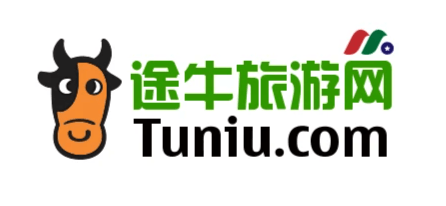
What This Means For Your Probably Outdated Marketing Strategy
- Mobile-First Approach: If your website isn't mobile-optimized, Chinese travelers might think you're running a historical reenactment business
- Social Proof Is More Important Than Your Actual Service: Encourage user-generated content or fade into obscurity while wondering why your five-star hotel is empty
- Multi-Platform Strategy: Being on just one Chinese platform is like only advertising in Nebraska and wondering why you don't have global brand recognition
- Visual Content Dominates: If it can't be captured in a stunning photo or short video, to many Chinese travelers, it might as well not exist
Conclusion: Adapt or Become a Digital Tourism Fossil
Understanding these platforms isn't just a marketing strategy—it's digital survival. The future of tourism marketing to the world's largest outbound travel market lies in embracing these ecosystems and creating experiences that don't just satisfy travelers but give them something worth sharing across all ten of these platforms simultaneously.
Remember: In the Chinese travel app ecosystem, you're not just competing with other destinations or services—you're competing with every perfect travel moment ever captured, filtered, and shared. No pressure.